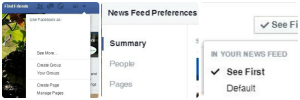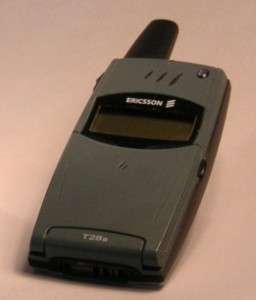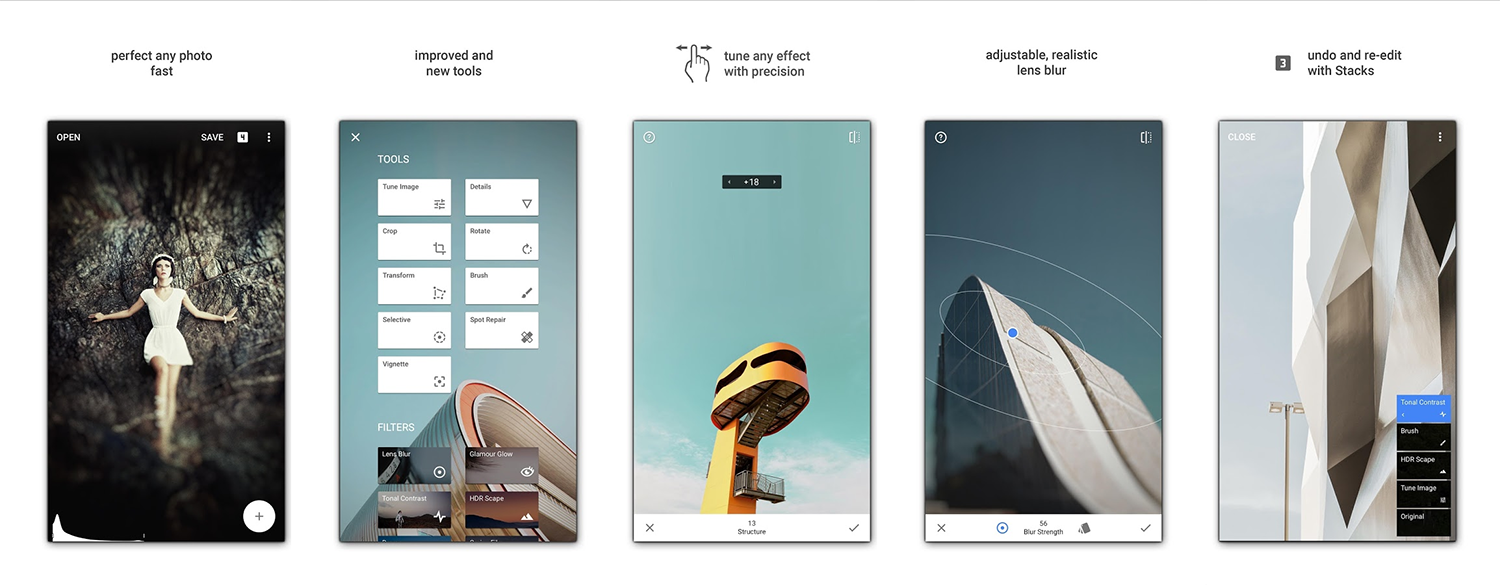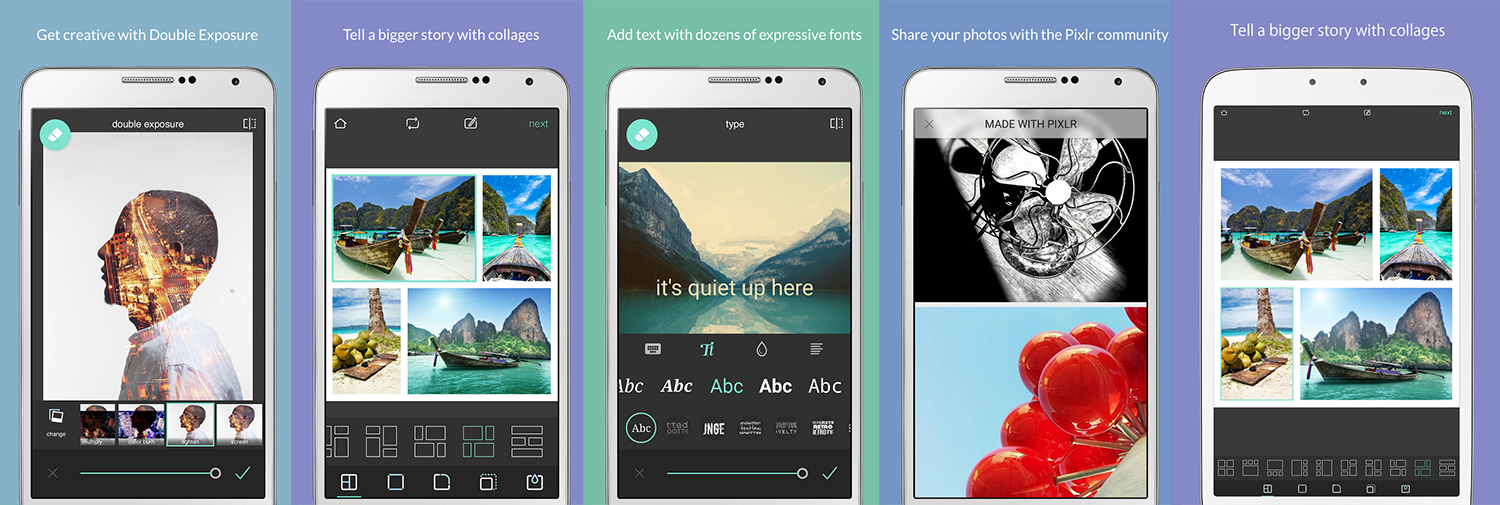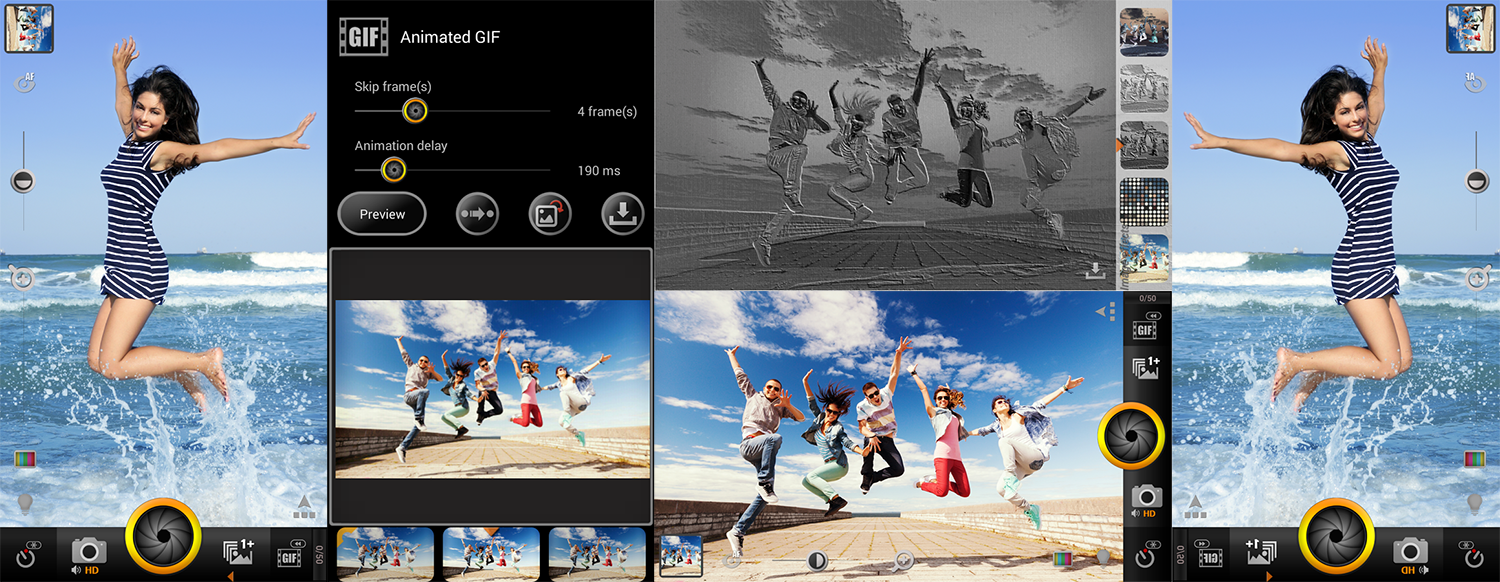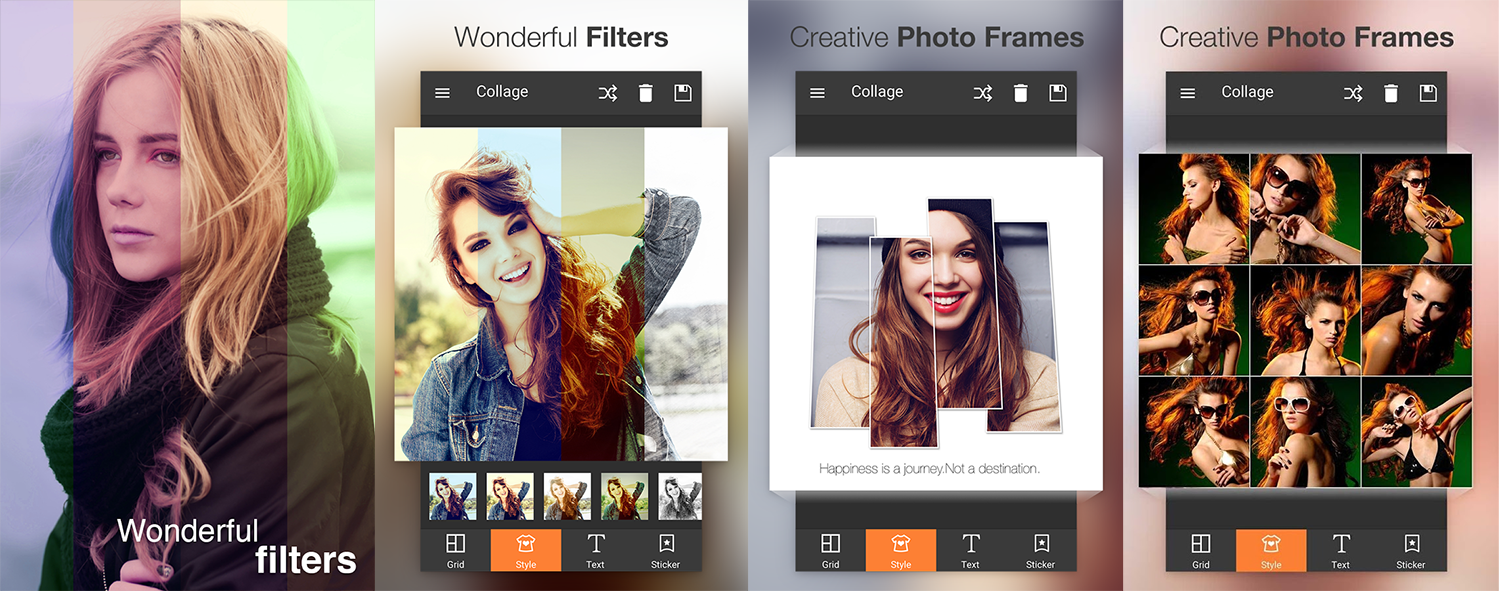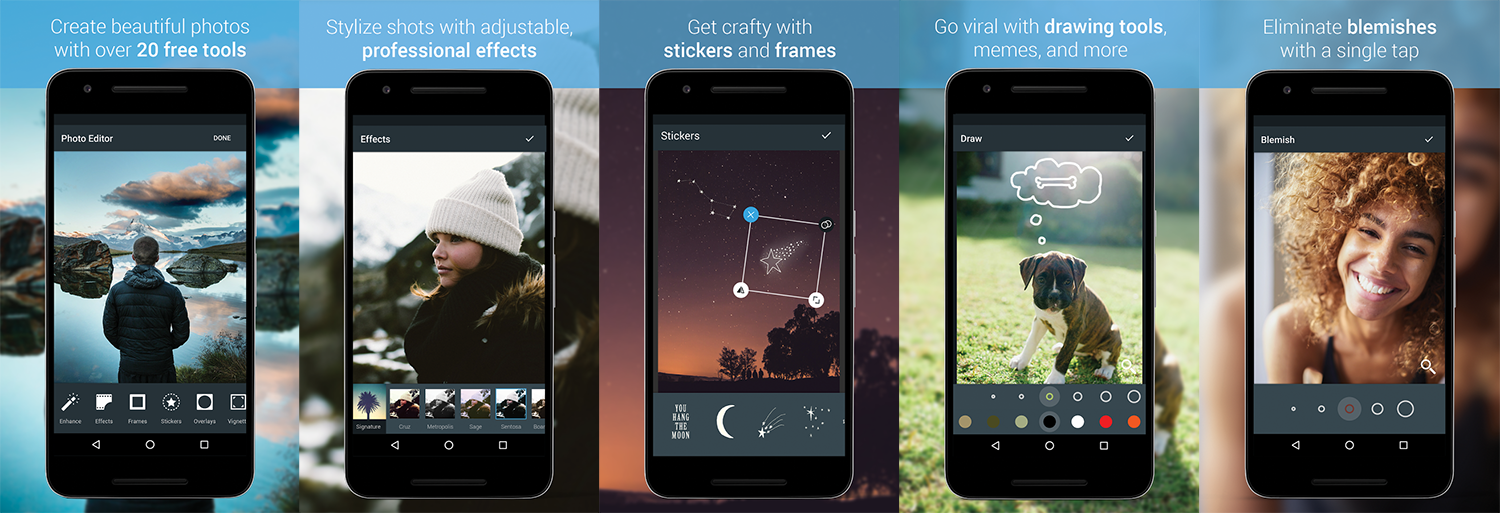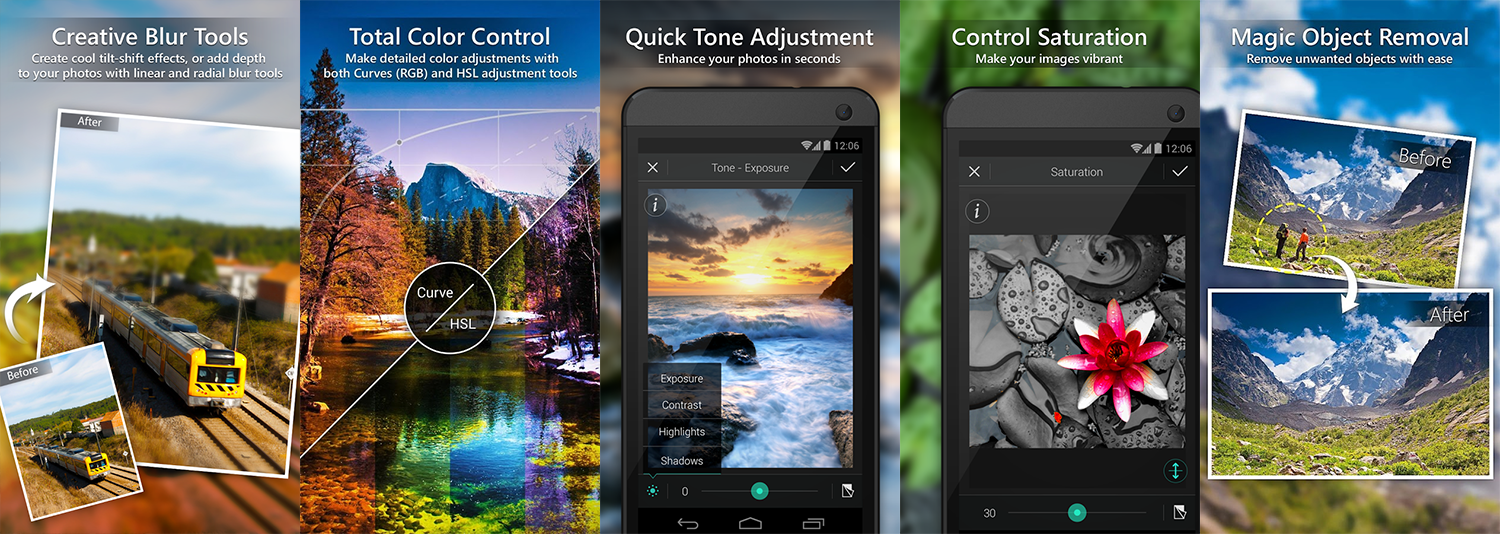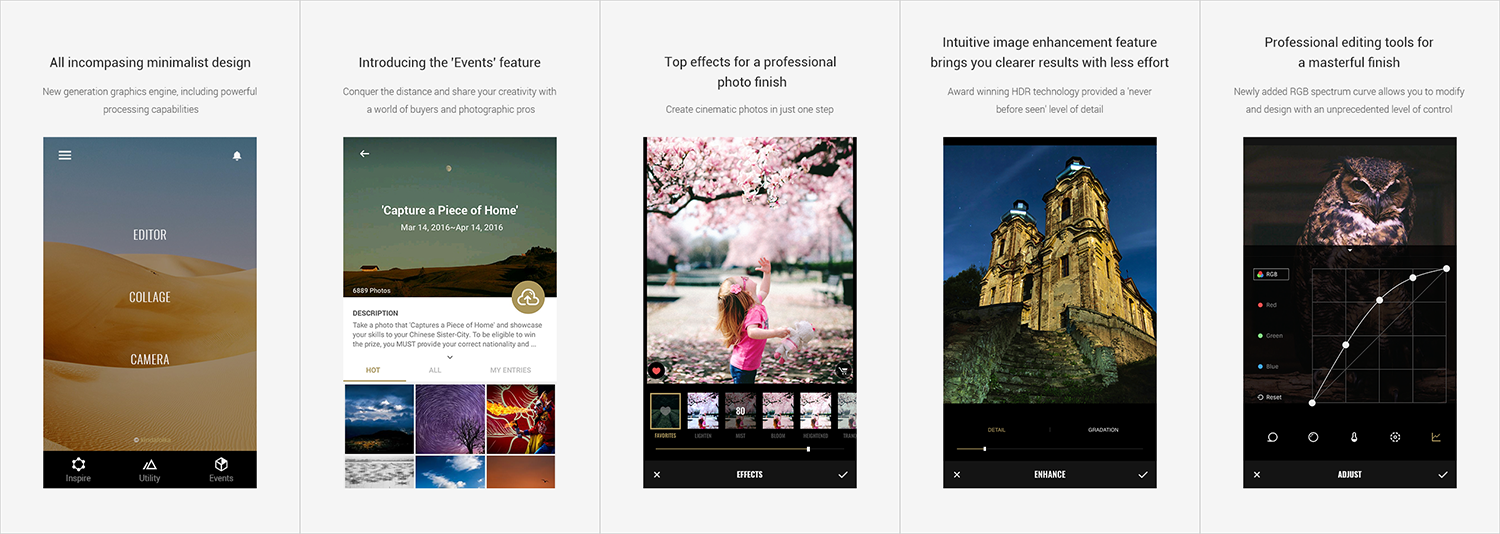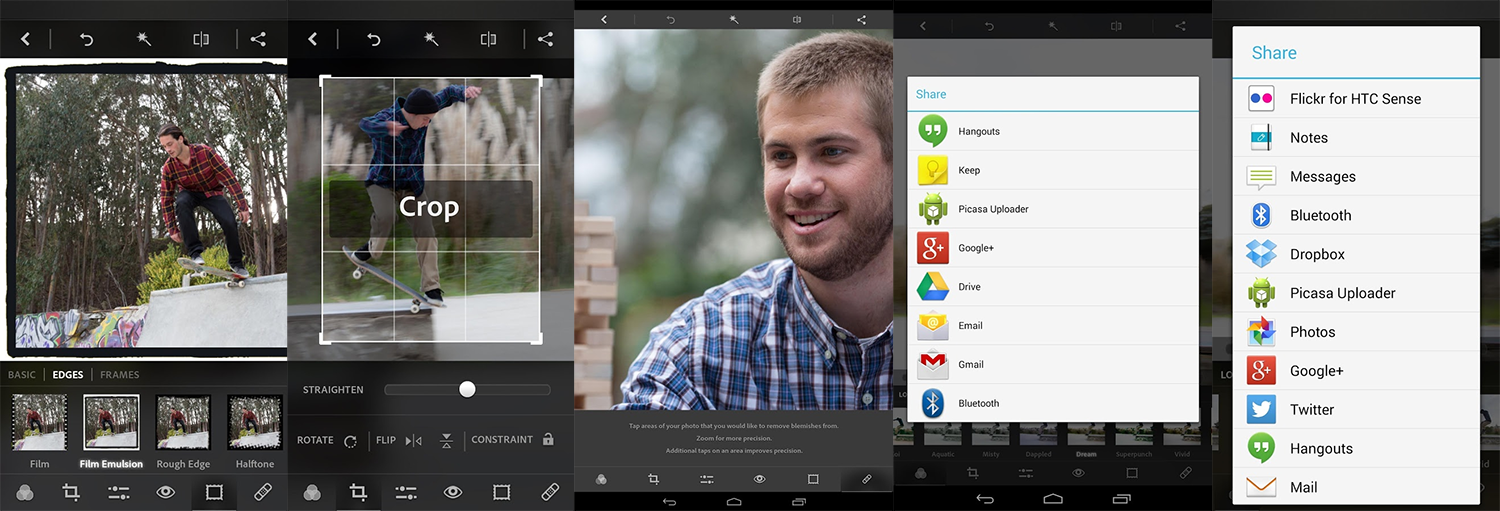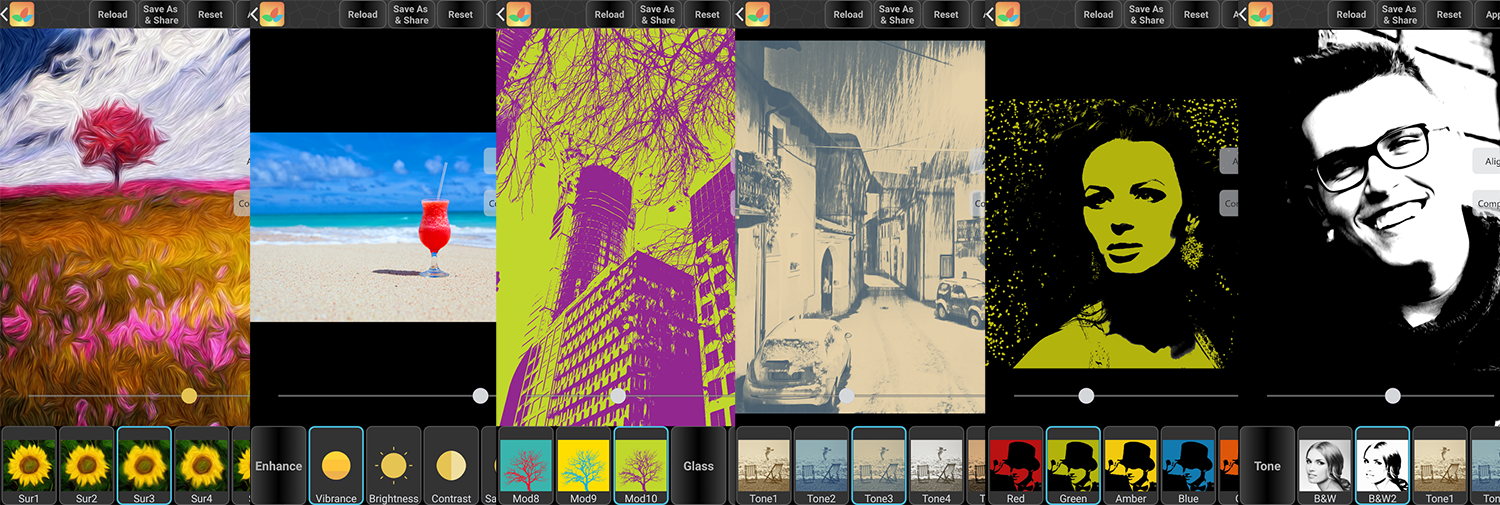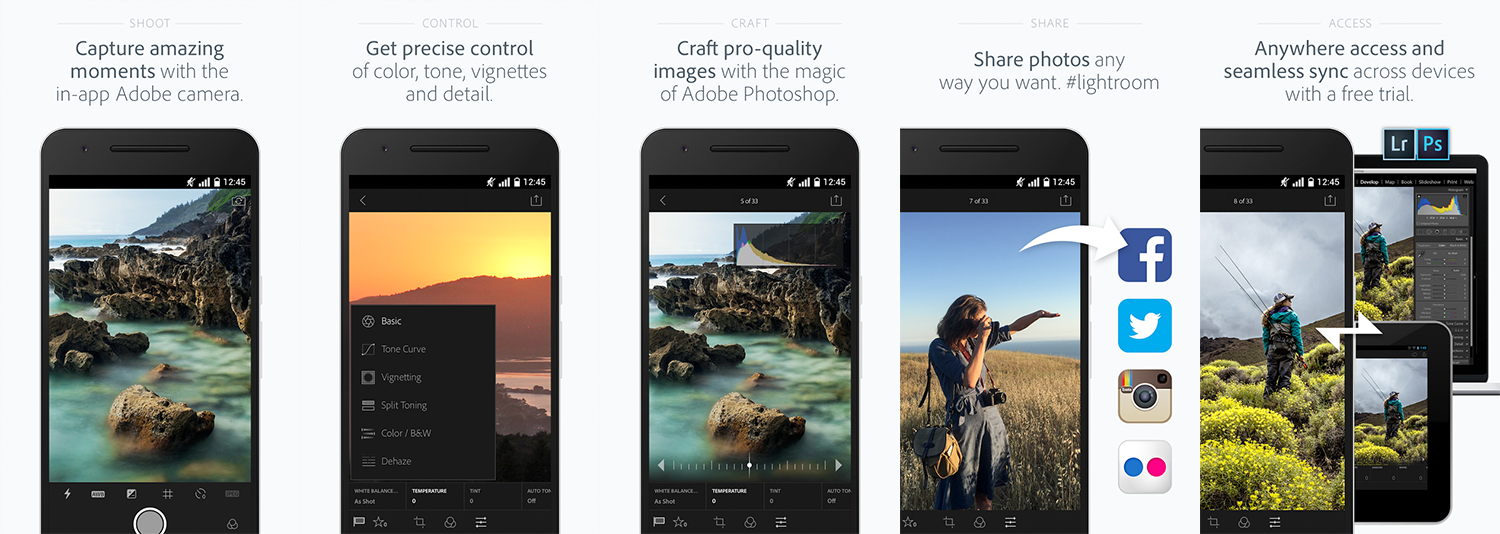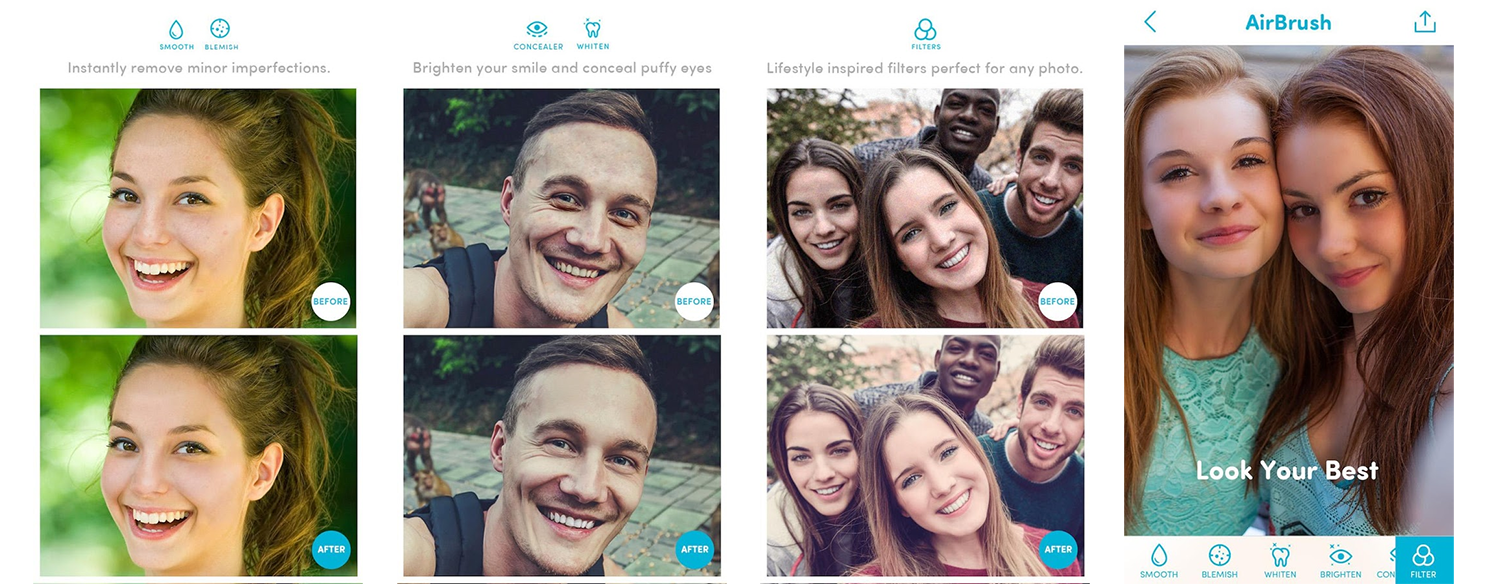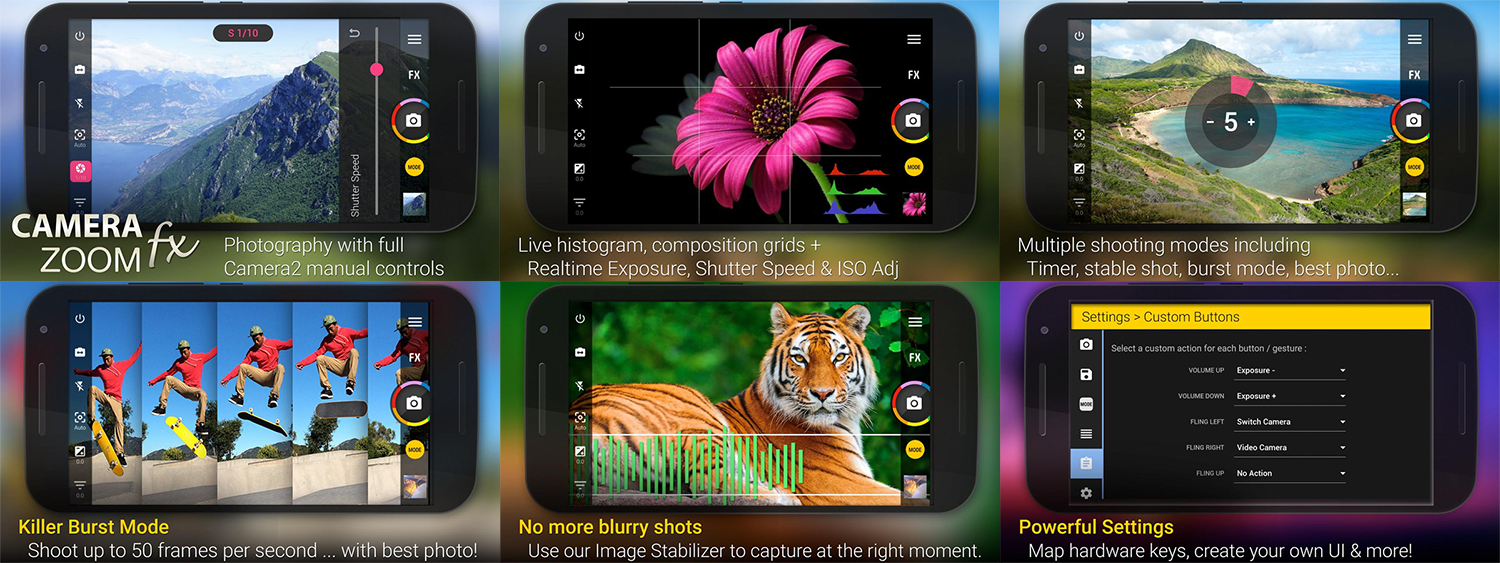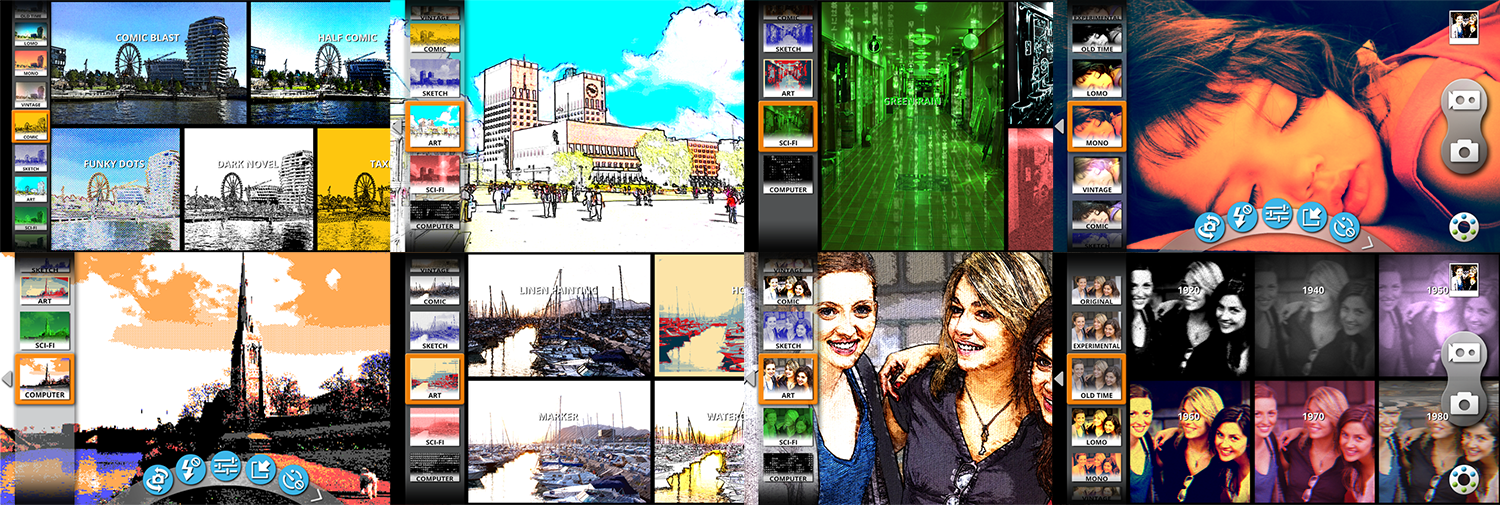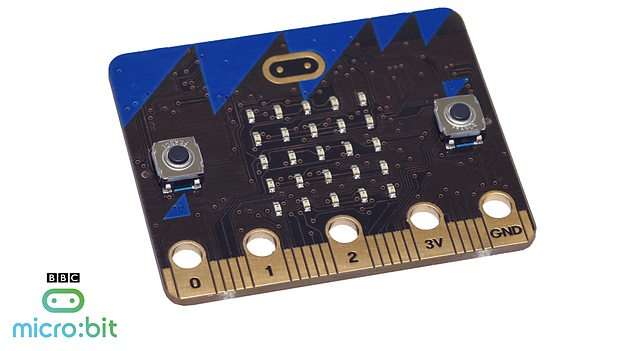
The micro:bit computer (photo credit: BBC)
Pocket-sized BBC micro:bit designed to introduce a new generation to computing.
The idea of the new codeable computer is to encourage children to become creative with technology, bringing their digital ideas, games and apps to life. A simple piece of coding within seconds can light up it LEDs or display a pattern.
It measures 4 x 5cm and has 25 red LEDs, two programmable buttons, an on-board motion detector and compass, Bluetooth to connect to the internet and other devices, and five input and output (I/O) rings to plug into other devices or sensors.
The inspiration comes from the BBC Micro computer, which introduced a generation of children to computing for the first time in the 1980s.
Easy-to-use software to programme the micro:bit will be available at microbit.co.uk later in the summer – and there will be space on the website to test out their creations before transferring them to their micro:bit.
Up to 1 million of the computers will be given to every 11 or 12-year-old in year 7 or equivalent in the UK for free. It will start arriving in schools in late October.
A not-for-profit company will be set up to drive the micro:bit legacy and enable the computers – based on open-source technical specifications – to be sold commercially in the UK and internationally.
The micro:bit is the result of a collaboration between 29 business and organisations, including Microsoft, the BBC and Samsung. You can find out more about it by clicking here.


